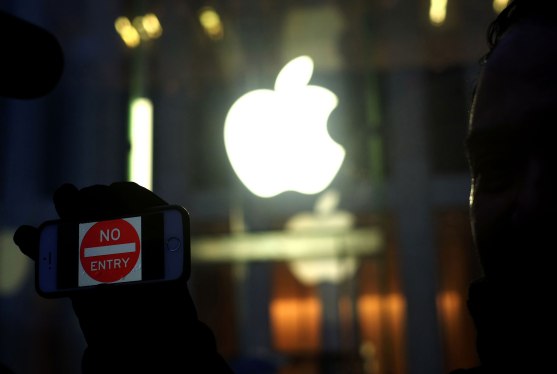Image Credits: Michael M. Santiago / Getty Images
Kyle Wiggers
Trump Considers Naming an ‘AI Czar’
Incoming president Donald Trump is considering naming an "AI czar" in the White House, Axios reports.
What Would an AI Czar Do?
If Trump appoints such a policy person, they’d be charged with helping to coordinate federal regulation and governmental use of AI. Importantly, an AI czar wouldn’t require Senate confirmation, Axios notes — allowing them to get to work on the administration’s goals faster.
AI Czar Role: A Complementary Approach
The AI czar role, which could end up being combined with a "crypto czar" role the White House is also reportedly mulling over, would be complementary to the agency chief AI officers established under President Joe Biden’s AI executive order. Trump, of course, could choose to eliminate those officers (and their offices) in favor of a more top-down governance approach.
Who Might Fill the Role?
No names have been put forth for consideration. But Tesla CEO Elon Musk and Vivek Ramaswamy, the co-leaders of the extra-governmental org known as DOGE, will have significant input into who gets the AI czar role, according to Axios.
The Significance of an AI Czar
An AI czar would play a crucial role in shaping the administration’s approach to AI policy. The position would require someone with a deep understanding of both technology and governance, as well as the ability to navigate the complex landscape of federal regulation.
What Would be the Benefits?
The benefits of an AI czar are numerous:
- Streamlined Regulation: An AI czar could help coordinate federal regulation and ensure that it is aligned with the administration’s goals.
- Increased Efficiency: By eliminating the need for Senate confirmation, an AI czar can get to work on the administration’s goals faster.
- Complementary Approach: The AI czar role would be complementary to the agency chief AI officers established under President Joe Biden’s AI executive order.
Potential Challenges
However, there are also potential challenges associated with appointing an AI czar:
- Lack of Expertise: An AI czar may not have the necessary expertise in both technology and governance.
- Conflicting Interests: The position could be subject to conflicting interests, particularly if it is combined with a "crypto czar" role.
The Role of Elon Musk and Vivek Ramaswamy
Tesla CEO Elon Musk and Vivek Ramaswamy, the co-leaders of the extra-governmental org known as DOGE, will have significant input into who gets the AI czar role. Their involvement is likely due to their expertise in both technology and governance.
The Significance of Their Involvement
Their involvement highlights the importance of collaboration between industry leaders and government officials in shaping policy. It also underscores the need for a deep understanding of both technology and governance in order to effectively navigate the complex landscape of federal regulation.
Conclusion
The appointment of an AI czar would be a significant development in the administration’s approach to AI policy. While there are potential benefits, including streamlined regulation and increased efficiency, there are also potential challenges, such as lack of expertise and conflicting interests. Ultimately, the success of an AI czar will depend on their ability to navigate these challenges and effectively coordinate federal regulation.
Related Topics
- Hardware
- Nvidia’s CES 2025 keynote: How to watch
- Google is forming a new team to build AI that can simulate the physical world



